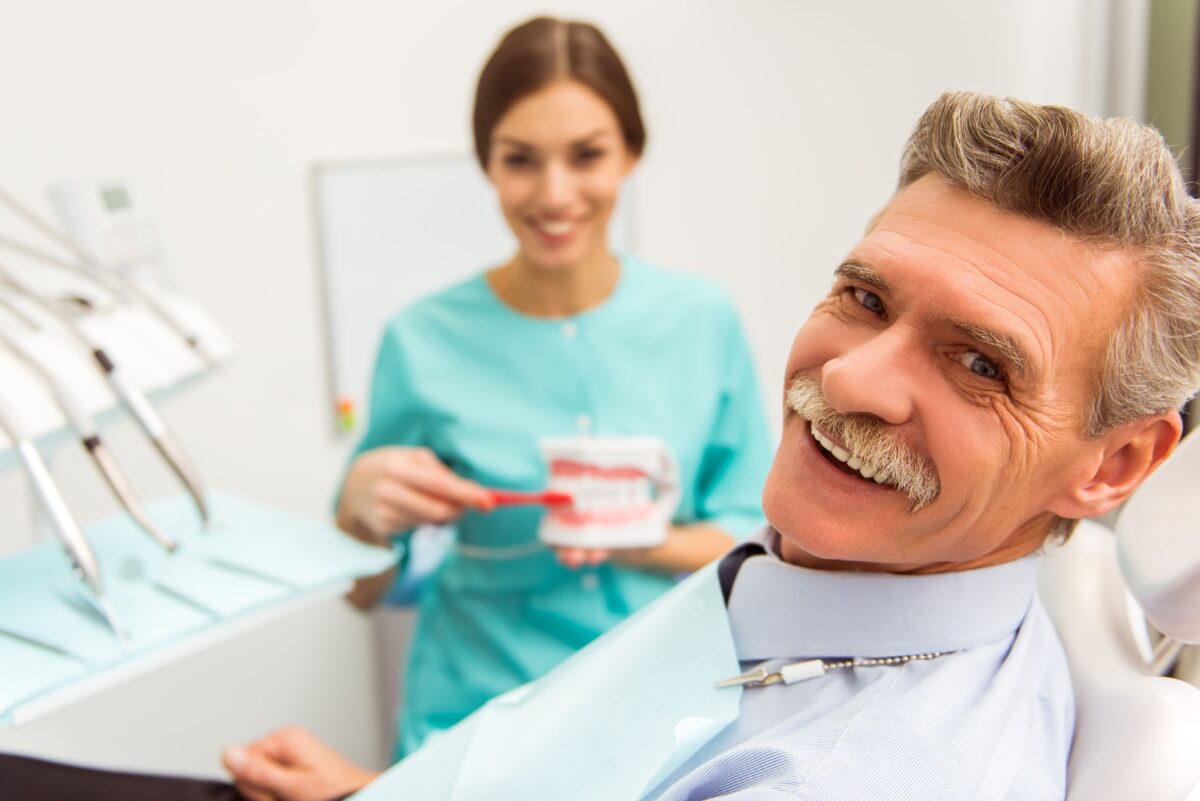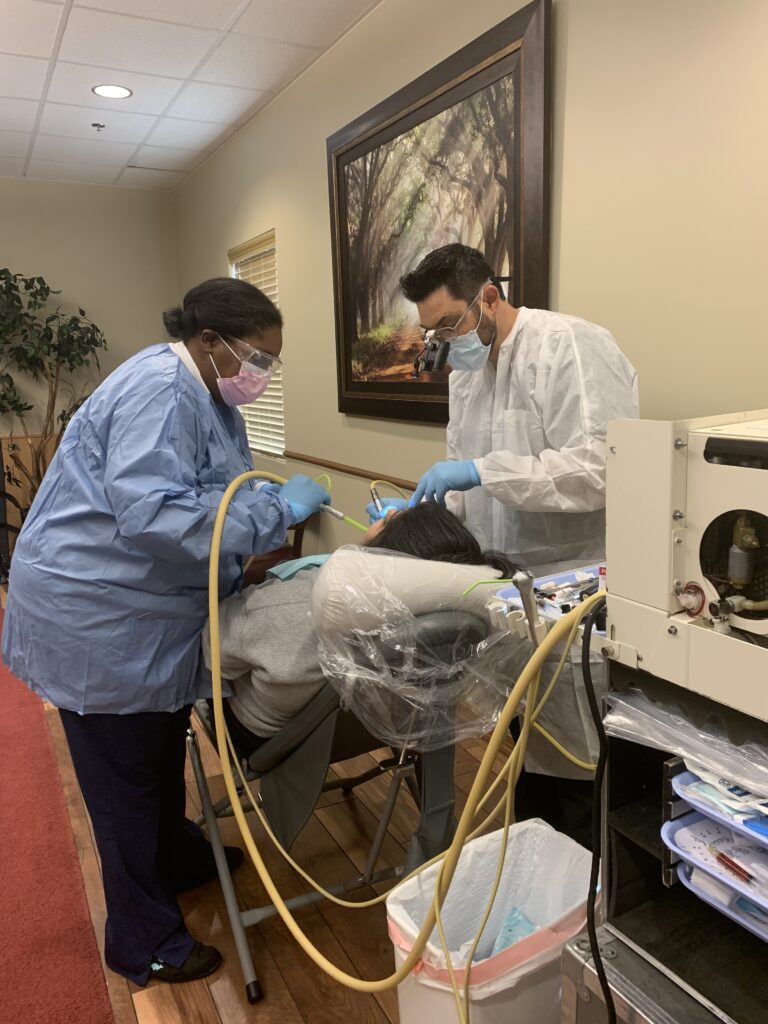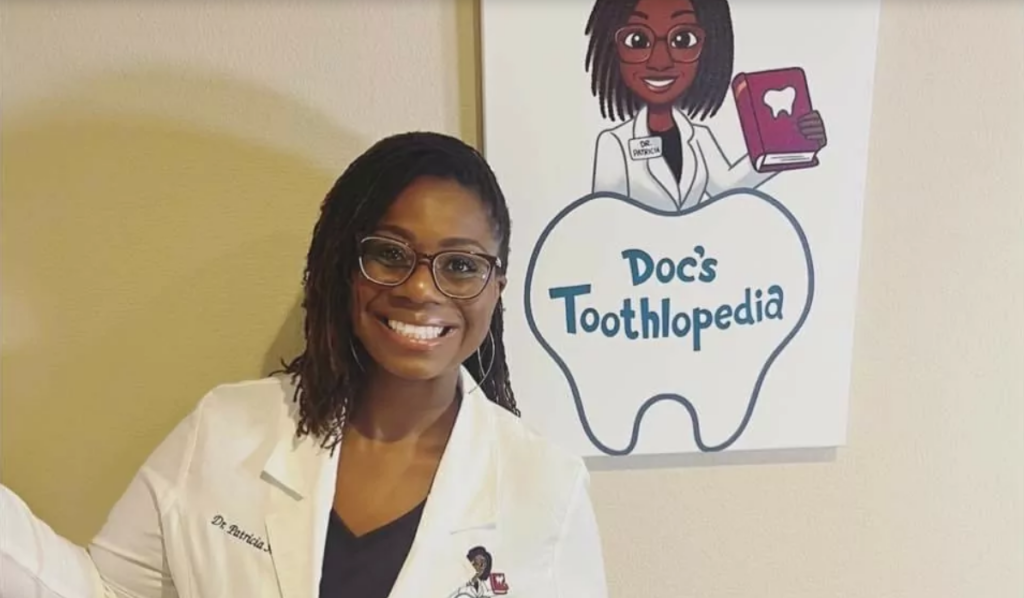
Oral Health and Aging Seniors
Older adults are especially vulnerable to mouth and tooth infections and the consequences that might arise from them. Losing teeth, usually caused by infection, alter our appearance and make it difficult to chew certain meals. This can make it more challenging to receive the nutrition required to function. Complete tooth loss (also known as edentulous) is less prevalent in wealthy countries such as the United States, although it gets increasingly common as we age, regardless of where we live. Oral infections and related repercussions can be reduced by practicing proper oral hygiene, fluoride treatments, and visiting the dentist regularly. A recent paper in the Journal of the American Geriatrics Society provides a valuable summary of oral health for older persons and advice for keeping your teeth and mouth in good shape. The article’s highlights are summarized below.
Poor Oral Health Is More Prevalent in Older Individuals
We know that poor oral health becomes more common with age—and that there is a link between being older and having tooth decay. In fact, we know that dental cavities occur roughly twice as frequently in older persons as in younger adults. Gum disease, commonly known as periodontitis, becomes more common as we age. In the United States, up to 64% of older adults have moderate or severe periodontitis, compared to less than 38% of younger people. Cavities and periodontitis are both causes of tooth loss. Bacteria can enter the bloodstream when dentists treat teeth and other tissues in the mouth. These dangerous bacteria can then spread throughout the body, potentially infecting any implants you may have, such as artificial joints and replacement heart valves. Even cleaning your teeth might introduce bacteria into your system if you have poor oral health.
Good Dental Hygiene Is Vital for Disease Prevention
Maintaining good dental hygiene is the most important thing you can do to prevent diseases. All older people should take care of their oral health. Seniors who have prosthetic joints or heart valves must exercise additional caution. They must also take prescribed antibiotics before undergoing a dental procedure if required. Your doctor or dentist should inquire about oral discomfort or tooth pain during routine medical appointments. They should also ask about your dry mouth issues during regular medical meetings. A dry mouth and decreased salivation increase your risk of tooth decay. If you experience dry mouth, consult your doctor to discover if any of your prescriptions exacerbate your condition.
Here’s a checklist of everything you should and shouldn’t do to preserve healthy dental health.
DON’Ts:
- You should not smoke or chew tobacco.
- If at all possible, avoid using drugs that limit saliva production. (For more information, consult your doctor.)
- Eat no sugary meals, especially sticky, sugary snacks or candy.
DOs:
- Chew sugarless candies or xylitol-containing chewing gum to increase saliva production, especially if you have dry mouth symptoms.
- If you have signs of chronic dry mouth, make an appointment with your dentist.
- Brush your teeth with fluoride toothpaste every day.
- If you have trouble thinking or making decisions, use an electronic or battery-powered toothbrush (or if you care for someone with these concerns).
- Floss your teeth at least once a day. People with stiff hands may benefit from using floss holders.
- If you have a history of tooth decay, talk to your dentist about prescription-strength fluoride mouth rinses and fluoride varnishes.
- If you have gum disease or are at risk for gum disease, consult your dentist about using a mouthwash containing chlorhexidine.
- At least twice a year, all older persons should have a dental cleaning conducted by a dental hygienist and an oral health examination completed by their dentist.
- If you have new heart valves or prosthetic joints, you must be extra cautious about your oral hygiene to avoid dangerous infections. Inquire with your doctor or dentist about the precautions you should take before cleaning your teeth or undergoing dental operations.
Remember that maintaining proper oral hygiene is a vital aspect of aging well. Brushing your teeth after each meal and daily flossing are both essential.

